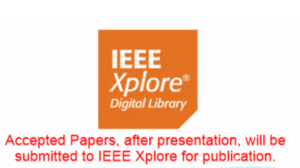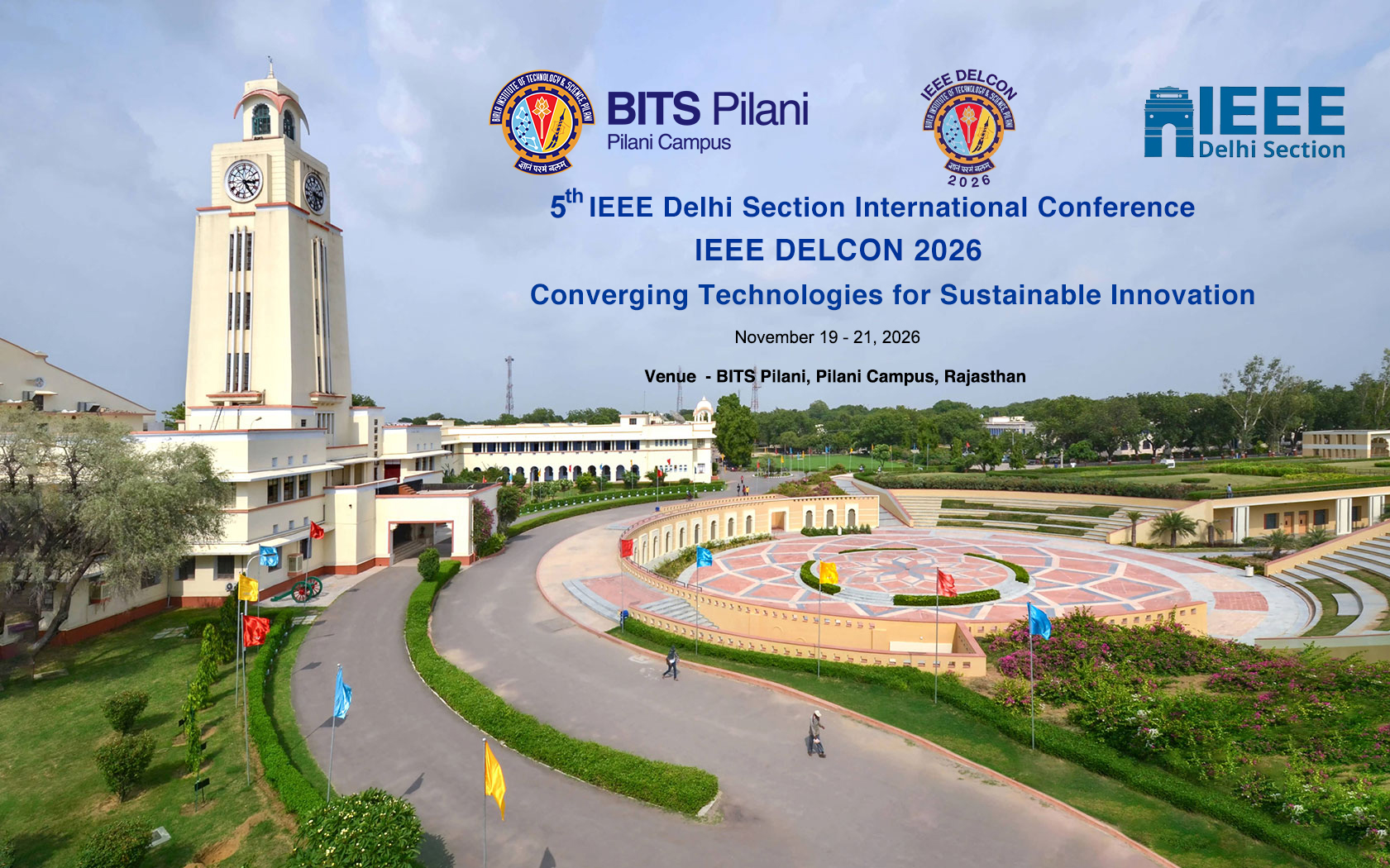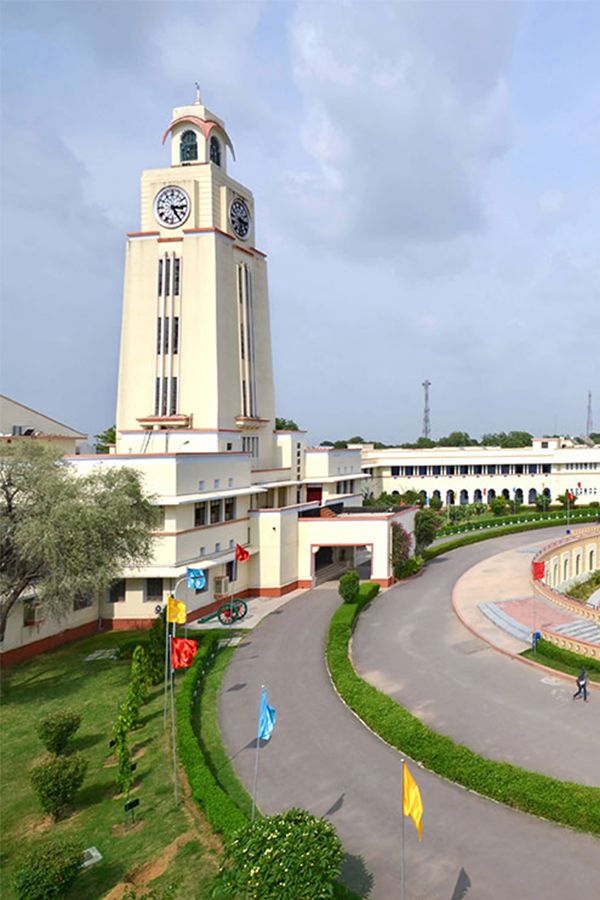Note - Final approval from IEEE is currently under process.
Welcome to IEEE DELCON 2026
IEEE DELCON is the flagship international conference of the IEEE Delhi Section, one of the 13 sections in India under the IEEE Asia-Pacific Region (Region 10). The Delhi Section encompasses a vast geographical area, including the states of Rajasthan, Haryana, Punjab, Himachal Pradesh, and the National Capital Territory of Delhi, along with the Union Territories of Chandigarh, Jammu & Kashmir, and Ladakh.
The inaugural edition of DELCON was successfully held in 2022 at NSUT, New Delhi, followed by the second edition in 2023 at Chitkara University, Punjab. The third edition was hosted by BVPCE, New Delhi, and the upcoming fourth edition, DELCON 2025, was organized by Jamia Millia Islamia, New Delhi from 31st October to 2nd November, 2025. Each edition of the conference has attracted wide participation from academia, industry, and research organizations worldwide.
The fifth edition, DELCON 2026, will be hosted by the Birla Institute of Technology and Science (BITS), Pilani Campus, Rajasthan. Continuing its tradition, DELCON 2026 will serve as a premier forum for researchers to present innovative ideas and findings in a collaborative environment. The conference will feature multiple tracks encompassing diverse domains within Electrical, Computer, and Electronics Engineering.
Technically sponsored by the IEEE Delhi Section, DELCON 2026 ensures high-quality engagement and global visibility. All accepted and presented papers by duly registered authors will be submitted for publication in IEEE Xplore and will be indexed by SCOPUS and Google Scholar.

Past Conferences ( IEEE Explore )
2025 4th Edition of IEEE Delhi Section Flagship Conference (DELCON)
(To be Uploaded)
About IEEE Delhi Section, India
Delhi Section is one of the 14 Sections in India coming under Asia-Pacific Region, the Region 10 of IEEE. At present it covers entire northern part of the country consisting of the four states of Rajasthan, Haryana, Punjab, Himachal Pradesh, and the National Capital Territory of Delhi, Union Territories of Chandigarh, Jammu & Kashmir, Ladakh. IEEE Delhi Section was established on May 13, 1976 (after remaining as Sub-section since 1974). IEEE Delhi Section has as per latest (September 17, 2025) statistics, 7403 active Members. Current execom of Delhi section took charge of the office on 29th December, 2024 under Chairmanship of Prof. M N Hoda. As resolved in 3rd execom meeting held on 31st May, 2025, Delhi section is celebrating its 50th year of creation. Accordingly, all OUs associated with Delhi section are encouraged to use 50 years celebrations logo while performing its activities.
About BITS PILANI
Birla Institute of Technology and Science (BITS), Pilani is one of India’s most prestigious institutions of higher education, recognized for its academic excellence, cutting edge research, and innovation. Established in 1964 by the visionary industrialist Shri G.D. Birla, BITS Pilani has grown into a world-class, multi-campus deemed university. It has been granted the prestigious Institute of Eminence (IoE) status by the Government of India, acknowledging its commitment to becoming a globally ranked research focused institution. BITS Pilani offers a range of undergraduate, postgraduate, and doctoral programs, and is renowned for its flexible academic structure, strong industry linkages, and the pioneering Practice School program. In the QS World University Rankings 2026, BITS Pilani achieved a global rank of 668, further strengthening its position as one of leading technical institutions in India. With a legacy of producing distinguished alumni and fostering a vibrant research ecosystem, BITS Pilani continues to play a transformative role in science, technology, and nation-building.
About EEE Department
EEE Department was formed by merging the then existing Electrical Engineering and Electronics Engineering departments in 1969-70. Prior to this the degree programme in Electrical Engineering was started way back in 1946 when Birla College of Engineering was established and Master’s programme leading to the degree of M.Sc. (Tech) Electronics was offered in the year 1955.The institute restructured the M.E. programmes in the year 1988-89 with programme in Electronics & Control and programme degree in Microelectronics. The Department has also introduced M.E. programmes in Communication Engineering, Embedded Systems and Electrical-Power Electronics and Drives.
The Instrumentation programme was started in the year 1973 with the nomenclature of M.Sc. (Tech) Instrumentation as a two-year degree programme after the first degree. Later on in the year 1979-80 this programme was restructured as a 4-year integrated first degree programme with the same nomenclature. The nomenclature got changed in the year 1993 when it was renamed as B.E.(Hons) Instrumentation. Owing to the importance of electronics and its role in instrumentation, the degree was renamed as B.E. (Hons) Electronics and Instrumentation in the year 1998-99.
Conference Tracks
Important Dates
Contact Us
Address : Department of Electrical & Electronics Engineering, BITS Pilani, Pilani Campus, Rajasthan, India
Phone : +91-1596-25-5611 | +91-1596-25-5233
Email : delcon2026@pilani.bits-pilani.ac.in




